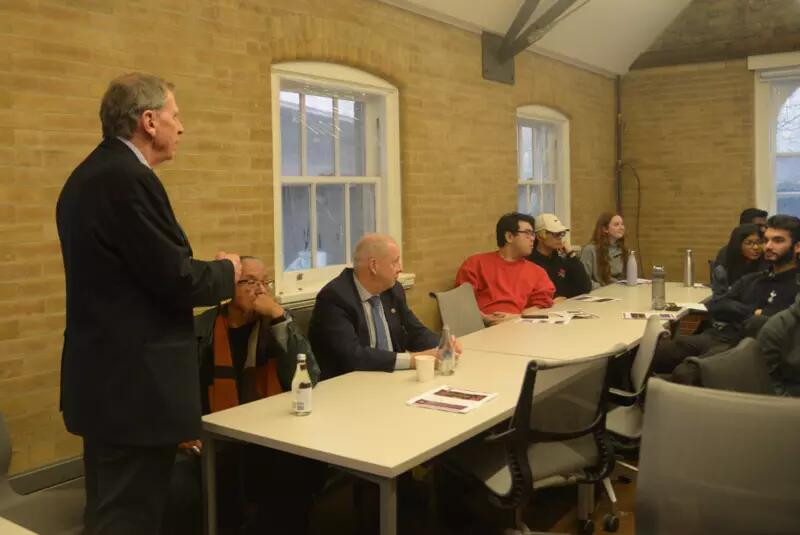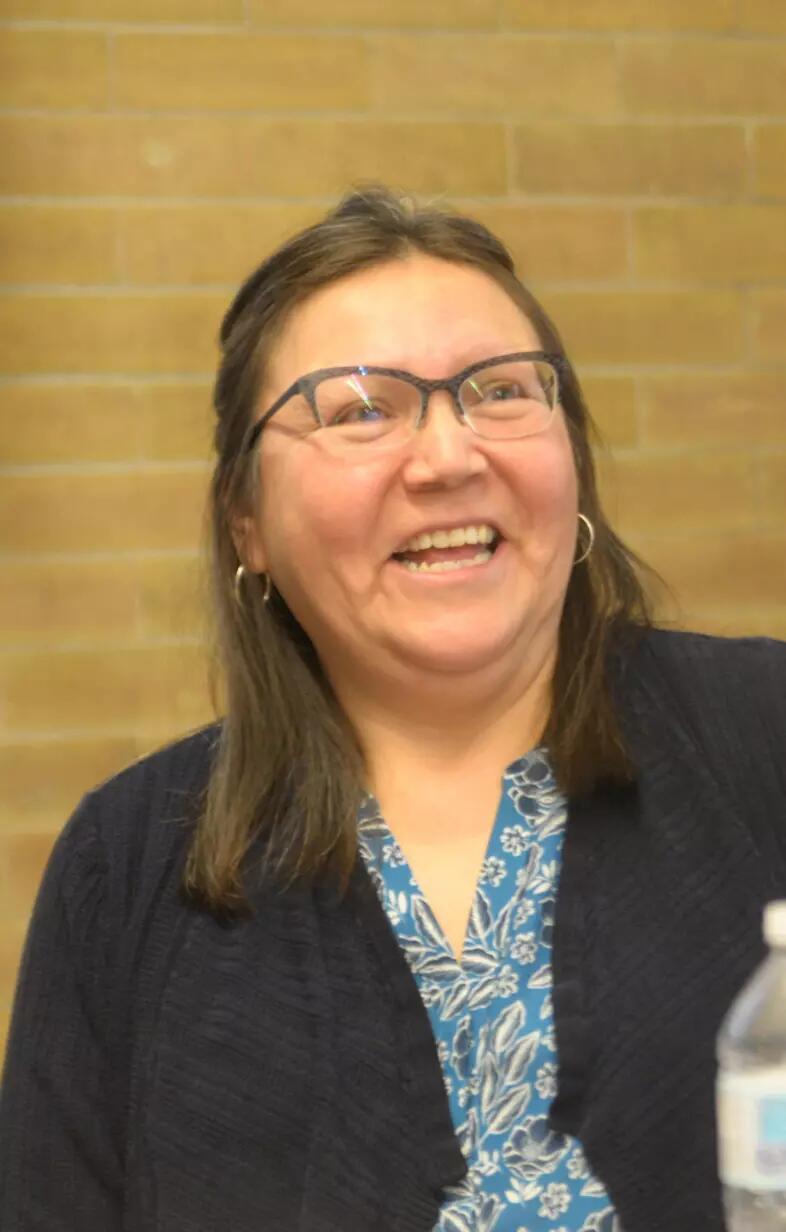By Muriam Fancy
The Peace, Conflict and Justice Society hosted its first Indigenous film screening. The event was run in collaboration with Honouring Indigenous Peoples. Our goal was to provide students with a space to discuss and evaluate Canada’s discriminatory history and its impact on Indigenous peoples today.


We invited Professor Wastasecoot from the Indigenous Studies department here at the University of Toronto. We had the privilege to hear her story and learned about pivotal moments in Canada’s history. The audience discovered how discriminatory legislation (including the Indian Act, the ’60’s Scoop, and residential schools) is continuing to perpetuate violence and harm against Indigenous peoples today. Students were shocked. We provided students with an opportunity to ask questions and reflect on what they learned. Many said they were saddened to learn about this only now in university, wishing they had such an opportunity in elementary and high school.
After allowing students the opportunity to reflect and ask questions, we screened the first episode of a series called First Contact, produced by Aboriginal Peoples Television Network (APTN). The episode previewed exposed the stereotypes and extreme bias against Indigenous peoples in Canada. Looking around we saw students confused, upset, and uncomfortable by the racist remarks from the six non-Indigenous settlers in the film.
Students’ hearts were racing, having never heard such racist remarks against Indigenous peoples. We went around in a circle discussing our thoughts and feelings on the film. We concluded that as non-Indigenous peoples we have a responsibility to educate ourselves and those around us to combat such terrible racism. This event gave students the space to understand that our continued ignorance is a barrier for change, and we left the event with an agenda of working towards reconciliation together.
The Peace, Conflict and Justice Society encourages University of Toronto faculty, program councils, and students to take time to research and learn about the strength and the resilience of Indigenous peoples in Canada. There are many fantastic Indigenous organizations (e.g. Idle No More, First Nations Child and Family Caring Society), campaigns (e.g. No More Stolen Sisters), leaders (e.g. Autumn Peltier) and classes (Indigenous Studies department at U of T) that we can support. We must take the time to acknowledge that as non-Indigenous peoples, we have a responsibility to support the efforts lead by Indigenous peoples in Canada and internationally. Reconciliation must be followed by action, and we can do that together by being kind and learning from one another to build a more equitable future.
Photos by Aloysius Wong